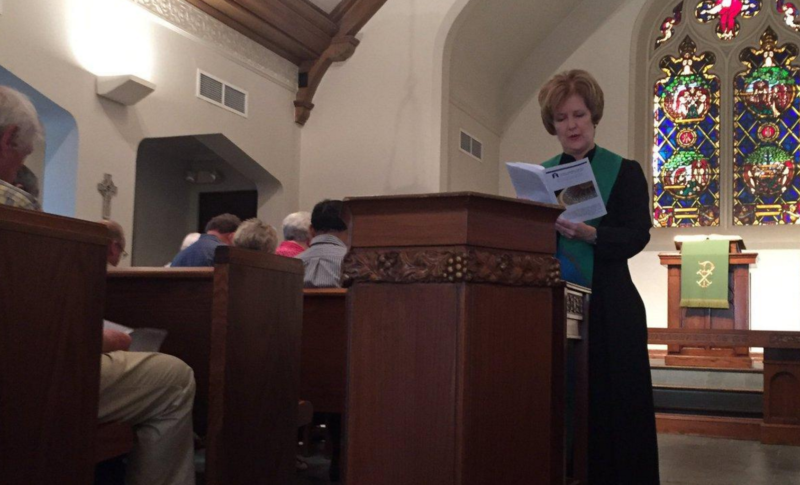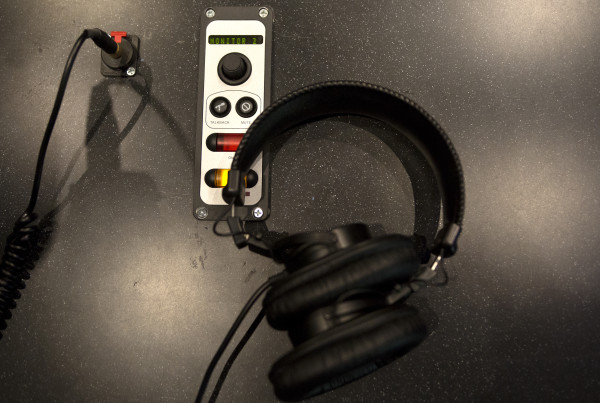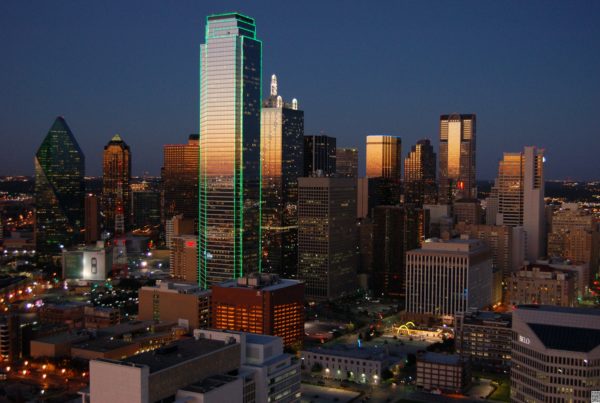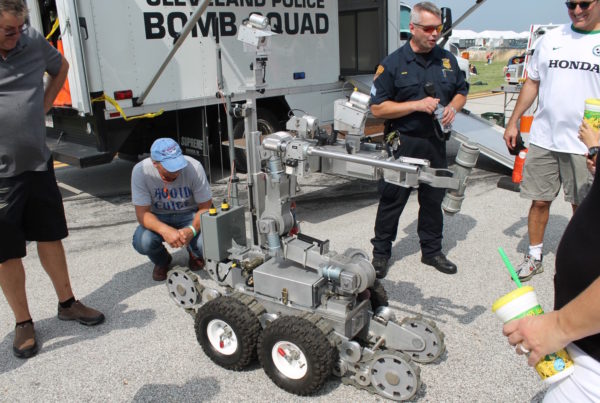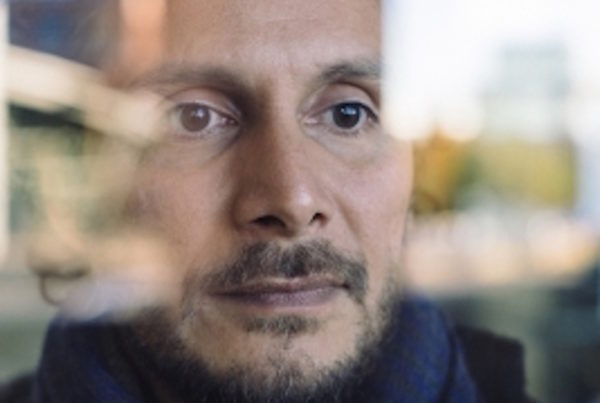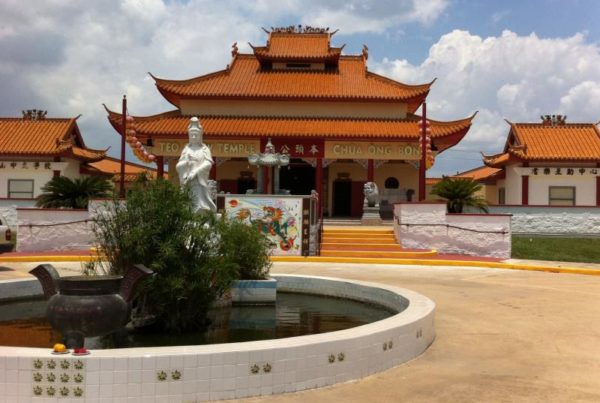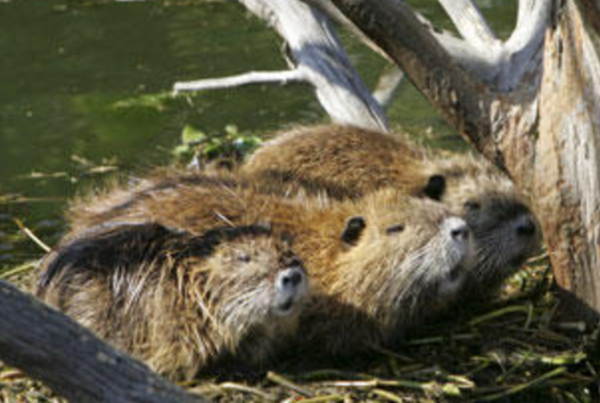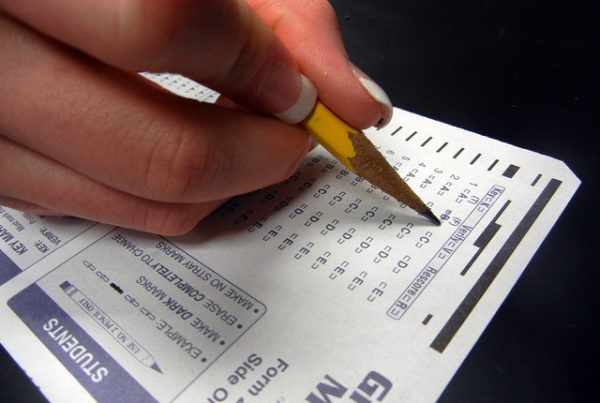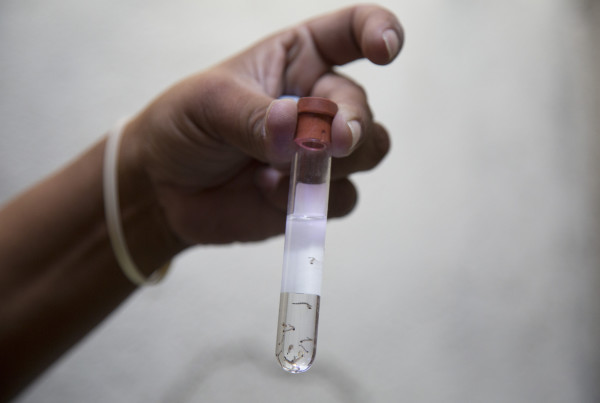From KERA News:
Dallas’ First Baptist Church sits less than half a mile from the crime scene. Member Nathan Warren says the shootings at first angered him. But soon, sorrow calmed him.
“We don’t all look the same, we don’t all come from the same backgrounds as Americans, but we do have the same ideas as Americans that do unite us,” he says. “And I think those are things we need to draw upon especially at times like this. That we can relate and then find changes, because there are disproportionate biases that affect all of us.”
Warren’s church, led by Pastor Robert Jeffress, launched a Back the Blue campaign to honor and support Dallas police. Jeffress acknowledged that last week’s march was prompted by officers killing black men in Louisiana and Minnesota. He told his congregation that cases of legitimate police injustice are rare. And in most of those cases, they’re prompted by suspects resisting police.
“To resist the police is to resist God himself,” Jeffress says. “And if you will do what a policeman asks you to do, 99.9999 percent of the time you’ll be just fine. We need to respect our police officers and we need to honor them as well.”
At St. Paul United Methodist Church, member Clyde Pikes III wasn’t so sure about that advice. The African-American joined last week’s protest in downtown because he thought, too often, things don’t go just fine.
“To be in a battleground, in war zone cause that’s exactly what it was, it leaves a lot on your mind,” Pikes says. “I’ve been scared to walk out of my house since I’ve been home. I told all my friends I’m not going anywhere but church this weekend. I fear for my life, I fear from my nephews’ lives, my brothers’ lives, my cousins’ lives.”
Civil rights Leader and activist Rev. Peter Johnson marched in Selma and protested with Martin Luther King Jr. He’s seen race relations improve in part because he did not follow advice from leaders like Jeffress. Johnson upset the status quo. He says it’s time for more of that. That’s how to calm those incensed by police shootings.
“The only solution to making police officers stop this? Send them to the penitentiary like you send anybody else who murder people,” Johnson says. “That’ll stop this from happening. It is the evidence of an unfair, unjust and an unequal criminal justice system.”
Inside the St. Paul United Methodist church, founded by freed slaves a century and a half ago, Pastor Richie Butler’s impassioned sermon echoed those thoughts. We should be angry, he preached, about what happened in Baton Rouge, near St. Paul, and in Dallas.
“Gun violence should evoke a righteous anger, poverty should evoke a righteous anger, homelessness should evoke a righteous anger,” he says. “The fact that some kids get a better education than other kids should evoke a righteous anger in all of God’s children.”
At the First Presbyterian Church, Rev. Joe Clifford preached maybe it’s past time these deeply different congregations remain divided each week.
“What keeps us from loving one another, well it is very hard to love one another when we seldom see each other,” Clifford says. “When our lives are so, so segregated how can we love those we rarely see?”


